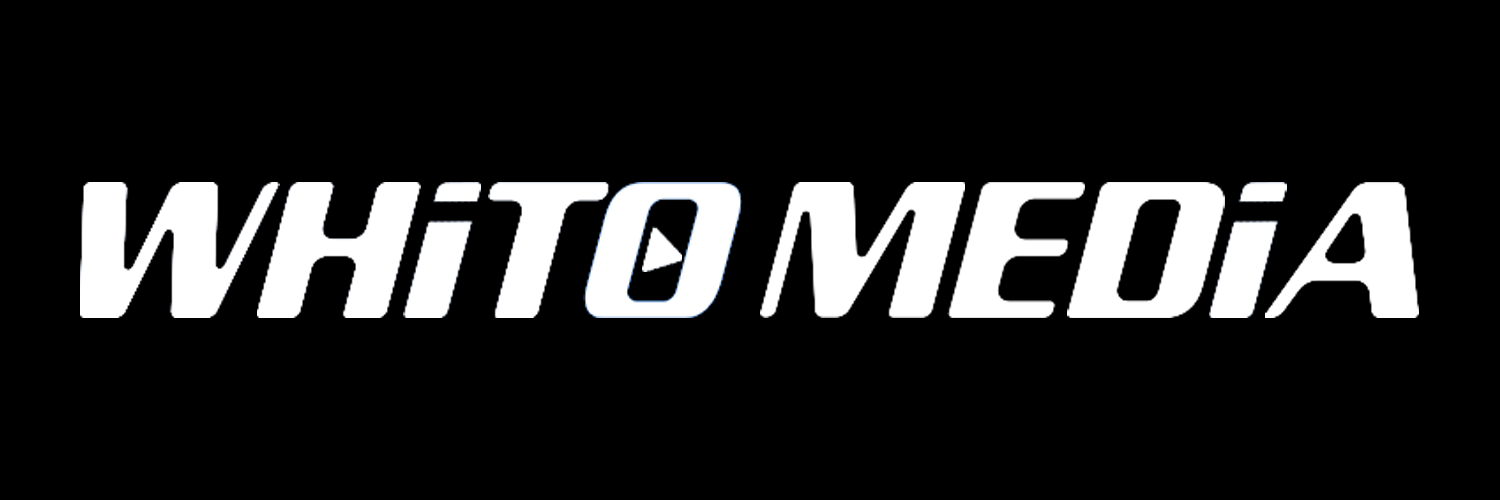1. Introduction
1.1 Purpose
This Editorial Policy outlines the guiding principles and standards that WhitoMedia adheres to in its editorial content creation and publishing. It sets the foundation for responsible journalism, ensuring that our content is accurate, fair, unbiased, and ethical.
2. Editorial Independence
2.1 Editorial Freedom
WhitoMedia upholds the principle of editorial independence, which means that editors and journalists have the freedom to make editorial decisions without interference from advertisers, sponsors, or any external influences.
2.2 Conflicts of Interest
We are committed to avoiding conflicts of interest that could compromise the integrity of our content. Editors and journalists are expected to disclose any potential conflicts and recuse themselves from reporting on topics where they have a personal or financial interest.
3. Accuracy and Fact-Checking
3.1 Accuracy
Our primary goal is to provide accurate and factual information to our readers. Editors and journalists are responsible for verifying the accuracy of their content through thorough research and fact-checking processes.
3.2 Corrections
In the event of errors or inaccuracies in our content, we are committed to correcting them promptly and transparently. Corrections will be clearly noted in the article, and an explanation of the correction will be provided if necessary.
4. Fairness and Balance
4.1 Fair Reporting
We strive to provide fair and balanced reporting by presenting multiple perspectives on a topic when applicable. Editorial content should not promote discrimination, bias, or prejudice.
4.2 Opinion vs. News
We distinguish between news reporting and opinion pieces. Opinions are clearly labeled as such, and they represent the views of the author, not the organization.
5. Privacy and Consent
5.1 Privacy
We respect individuals’ privacy rights and do not publish personal information without consent, unless it is in the public interest and complies with applicable privacy laws.
5.2 Consent
When conducting interviews or using quotes, we seek explicit consent from the individuals involved, making them aware of how their statements will be used.
6. Attribution and Sources
6.1 Attribution
We provide proper attribution for all sources used in our content. When referencing third-party information, we cite the original source and clearly indicate if information is based on anonymous or confidential sources.
7. Plagiarism and Copyright
7.1 Plagiarism
Plagiarism is strictly prohibited. Editors and journalists are responsible for ensuring that all content is original or properly attributed.
7.2 Copyright
We respect copyright laws and obtain necessary permissions when using copyrighted materials. We also adhere to fair use guidelines when applicable.
8. Comments and User-Generated Content
8.1 Comments
We encourage constructive and respectful comments from our readers but reserve the right to moderate and remove comments that violate our comment policy.
8.2 User-Generated Content
When publishing user-generated content or contributions, we review and moderate submissions to ensure they comply with our editorial standards.
9. Ethical Behavior
9.1 Ethical Conduct
All editorial staff are expected to adhere to high ethical standards in their conduct and interactions with sources, colleagues, and readers.
9.2 Accountability
Editors and journalists are accountable for their work and are open to feedback and scrutiny from readers and the public.
10. Review and Updates
This Editorial Policy will be reviewed periodically and updated as necessary to reflect evolving journalistic standards and practices.
